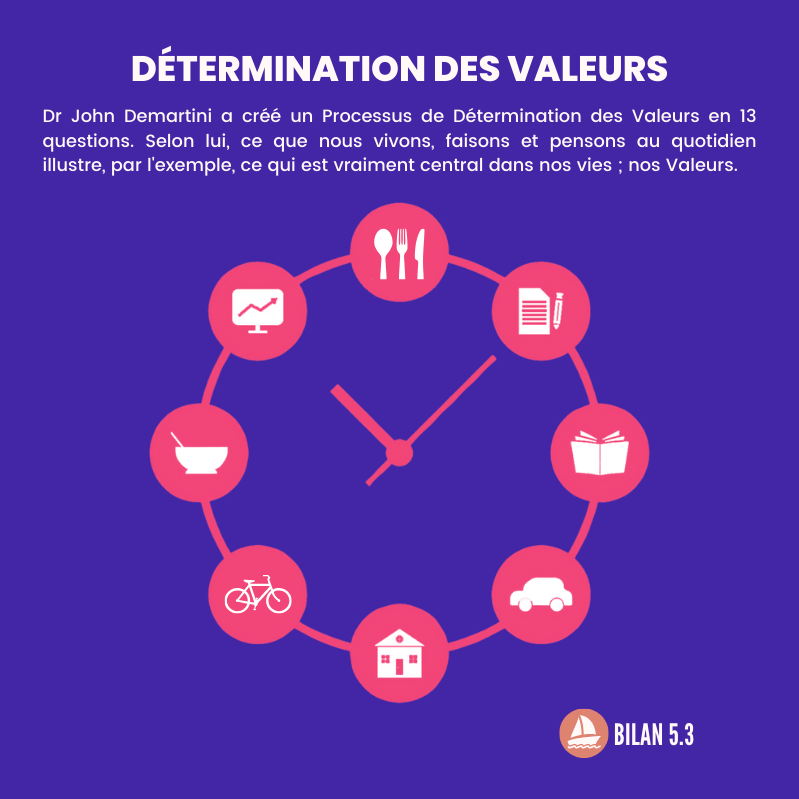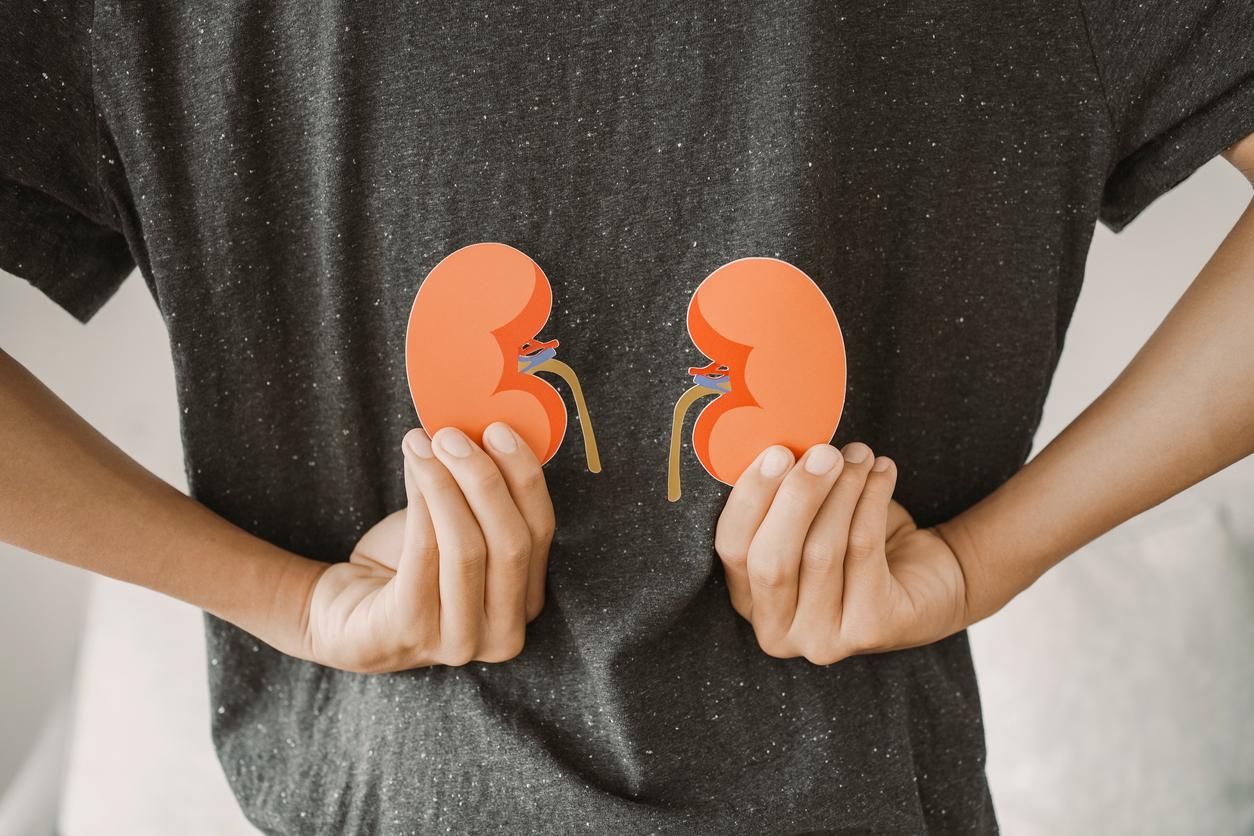
High blood pressure important risk factor
Kidneys don’t protest. Only when they have failed for 70 percent do you get complaints. Often the signals are not recognized – and that can be dangerous.
1. How do you know that you have kidney damage?
You don’t notice it at first. Only when the kidney function has failed for 70 percent or more, you will experience symptoms: fatigue, itching, nausea and a lack of appetite. They belong to kidney damage, but also to other disorders. Serious kidney damage is therefore often discovered late. Once the damage is severe, excess fluid in the body is no longer drained by the kidneys. This can lead to (severe) shortness of breath. As the body continues to poison itself, other serious complaints often develop over time, such as: cardiovascular problems. Ultimately, patients may be dependent on a donor kidney or on renal dialysis.
2. Why are you noticing it so late?
That’s because our two kidneys have an enormous reserve capacity. They can run at half power for years without you noticing. That is why it is best to miss a kidney.
3. How common is kidney damage?
One in twenty people has mild kidney damage. Their kidneys are already working a little less well, but they don’t notice it; we call this hidden kidney damage. One in every two hundred Dutch people has a severely impaired kidney function. They do have complaints. In total there are about 40,000 people in the Netherlands with severe kidney damage. Of these, 8400 have had a kidney transplant and 6300 are on dialysis. The vast majority of kidney patients are over 60.
4. What exactly do the kidneys do again?
The kidneys (two bean-shaped organs, each about twelve centimeters long and 160 grams in weight) lie between the upper edge of the pelvis and the lower ribs, on the back of the body. A kidney is made up of a million tiny filters, nephrons. They filter the blood and ‘catch’ the waste products that end up in the blood through the various metabolic processes in the body. The waste is disposed of with the urine. Healthy kidneys make just enough urine to maintain the body’s fluid balance. If not, the body poisons itself. The kidneys also make three important hormones: hormones that keep blood pressure constant, hormones that help produce red blood cells, and hormones that help build strong bones.
5. How does kidney damage occur?
Acute kidney damage can, for example, be caused by an infection, an autoimmune disease (where the body targets its own kidney cells and breaks them down) or a blockage in the form of kidney stones or a tumor. Acute kidney damage is life-threatening, but if the cause is addressed, the kidneys usually recover. Chronic kidney damage develops gradually and is the most common. The main causes are type 2 diabetes and/or a high bloodpressure. Due to the high sugar levels in the blood of diabetic patients, the filters in the kidneys become clogged. High blood pressure also damages the filters. The part of the kidneys that still works properly becomes overloaded and wears out extra quickly. By the way: with age, the kidneys also wear out on their own. About the age of 40, kidney function deteriorates very slowly. Someone who is otherwise healthy can have a kidney function of 60 to 70 percent because of this decline at the age of 70. Treatment is usually not (yet) necessary, but you do have to take into account that the kidneys work less well, for example if you are prescribed medication. In addition, the risk increases that you will enter the ‘danger zone’, where treatment is required. That is why the Kidney Foundation advises all people over 60 to have their kidney function checked annually by their GP. People with high blood pressure, diabetes and/or cardiovascular disease would do well to do this every year, regardless of their age.
6. So high blood pressure can be both the cause and the effect?
Indeed. High blood pressure damages the kidney filters. Once the kidneys are affected, less of the hormone that maintains blood pressure is produced. As a result, blood pressure rises and that aggravates the damage. High blood pressure is often the first sign that something is wrong with kidney function. Of all people with high blood pressure, an estimated one in five has reduced kidney function.
7. How is it determined if you have kidney damage?
Using a simple blood test and/or urine test. This shows that the kidneys are not working properly. In order to find out why this is, more tests are usually needed, for example imaging tests (ultrasound, X-ray or CT-scan) or an examination of the kidney tissue.
8. And how is it treated?
That depends on the severity. As long as the kidneys are still working reasonably well (more than 60 percent) and the patient has no complaints, the most important goal is that the kidneys do not deteriorate further and that risk factors are limited as much as possible. In many cases, a healthy lifestyle is sufficient: eating a healthy diet, maintaining a good weight, exercising enough and do not smoke.
If the kidneys are not working well (less than 60 percent) you will also need medication. Treatment is then mainly aimed at reducing risk factors and further complications. To this end, in addition to medicines, patients also receive a special diet (low-protein and/or low-salt) to relieve the kidneys. When the kidneys are only 15 percent or less, treatment is needed that replaces the kidney function. A donor kidney transplant is the best option for many patients.
9. When should you start dialysis?
If it is not possible to transplant someone (quickly) and the kidney function drops below 15 percent, the patient must start dialysis. About 1600 dialysis patients are added every year. With a special machine, an artificial kidney, the waste products outside the body are filtered from the blood. Dialysis is the second choice treatment, because a dialysis machine only takes over a small part of the filtering function of the kidneys. Furthermore, a dialysis machine does not produce hormones; drugs are needed for that. In addition, the rapid removal of excess fluid from the body puts a great strain on the body heart and blood vessels, which can cause damage. Four out of five kidney patients undergo dialysis in a care center with an artificial kidney. One in five patients can undergo dialysis at home by means of an abdominal lavage. The patient is given a tube in the abdomen, with which waste products are flushed from the body four times a day. The average age for kidney patients to start dialysis is between 65 and 70 years. 20 percent of dialysis patients die every year.
10. How long is the waiting time for a new kidney?
Four years on average. By the time a kidney becomes available, a kidney patient’s condition may have deteriorated to such an extent that he or she is no longer eligible for a transplant. That is why more and more kidney patients with a good condition living donor search in their immediate environment. In addition, kidneys from a living donor are often of better quality than those from a deceased donor. There is no maximum age to which a person can donate a kidney. Of the 892 kidney transplants performed in 2010, 471 were with a donor kidney from a living person. A donor kidney lasts an average of ten to fifteen years.
11. What kind of developments can we expect?
Researchers are working hard to develop a miniature dialysis machine that a patient can carry around with them all the time. The cabinet is expected to be the size of a carton of milk and weigh about three kilos. The great advantage of such a portable artificial kidney will be that the blood is purified continuously – 24 hours a day – instead of several times a day or a week. As a result, fewer waste products accumulate in the blood and the blood pressure fluctuates less. This helps to combat complaints such as fatigue, dizziness and itching. The researchers hope that the wearable artificial kidney can be tested in a few years.
12. What should you pay attention to if your kidneys no longer work properly?
Anyone taking medication should be extra vigilant. If the kidneys function less, some medicines are not always properly removed from the body. As a result, a normal dose can suddenly turn out too high. Kidney patients are three times more likely to have drug problems than people without kidney damage. In addition, the older you are, the higher the risk of drug problems. There are three reasons for this: older kidneys work less well anyway; the elderly more often have kidney damage as a result of other complaints; and the elderly often take many different medications. If you know that you have a reduced kidney function, always report this to your GP and pharmacy just to be sure.
13. Which medicines are less well disposed of in the event of kidney damage?
Some painkillers, medicines for infectious diseases, medicines for blood sugar lowering, medicines for heart and blood vessels, anti-allergy medicines and medicines for gout. Good to know: if your kidney function has never been tested and you are prescribed (one of) these medicines, be alert yourself. Unnoticed, you can still have a reduced kidney function. The pharmacist may ask how your kidney function is. If this does not happen, consult the pharmacist and ask your GP to measure your kidney function yourself. Many mistakes are still made in the dosing of such drugs in people with impaired renal function. If all doctors and pharmacists took into account the kidney function of their patients, it could prevent 50 to 60 deaths and 900 hospitalizations each year due to misuse of medicines, the pharmacists association estimates.
14. What about over-the-counter medicines?
Pay extra attention to a certain group of anti-inflammatory painkillers, the so-called NSAIDs (non-steroidal anti-inflammatory drugs). Examples include ibuprofen, naproxen, and diclofenac. If you have kidney damage, always consult with the pharmacy whether the standard dosage of such agents is appropriate. Incidentally, NSAIDs can also cause chronic kidney damage with long-term use. Furthermore, it is important to be careful with these drugs in case of stomach flu and / or serious diarrhea. If the body dries out, NSAIDs can lead to acute kidney damage.
15. What can you do yourself to prevent (further) kidney damage?
Healthy food, a healthy weight exercise, do not smoke and drink alcohol moderately. Furthermore, it is important to as little salt as possible to use.
This article was produced in collaboration with Prof. Dr. Gerjan Navis of the University Medical Center Groningen) and Dr. Jasper Boomker of the Kidney Foundation.
Sources):
- Plus Magazine













